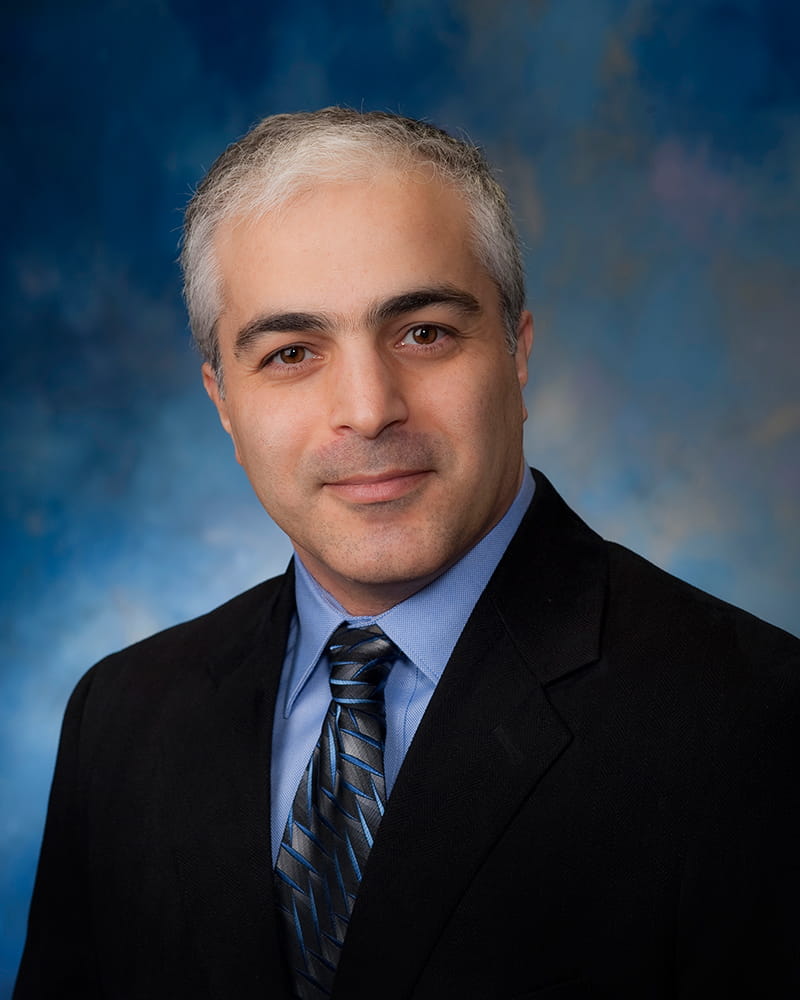Assistant Professor, Department of Surgery, University of Pittsburgh
Assistant Professor, Department of Microbiology and Molecular Genetics, University of Pittsburgh
Assistant Professor, Department of Developmental Biology, University of Pittsburgh
Principal Investigator, Pediatric Surgery, John G. Rangos Sr. Research Center, UPMC Children’s Hospital of Pittsburgh
Education
Post Graduate School: 2000 PhD, Developmental Biology, Goteborg University, Sweden
Fellowship: 2005 Post-doctoral Fellow, Department of Surgery, Johns Hopkins University
Research Interests
- Pancreatic Development and Regeneration
Diabetes and pancreatic cancer are two major diseases linked to the pancreas. Type-1 diabetes is a syndrome defined by high blood glucose levels caused by reduction in number of insulin producing beta cells. A cure for diabetes will be achieved through replacement of beta cells. Pancreatic cancer is an almost uniformly fatal disease. Understanding the biology of pancreatic cancer and particularly, its precursor lesions, are prerequisites for the development of more sensitive early detection biomarkers and more potent therapeutic and chemopreventive strategies.
Farzad Esni, PhD, and his team believe that research in developmental biology of the pancreas will ultimately provide the necessary tools for fighting these diseases.
To this end, one of the ongoing aims of the lab is to identify the signal that orchestrates pancreatic cell differentiation. Another ongoing project is to study the dynamics of the adult pancreas in response to injury, which would enable us to better understand the cellular mechanisms behind pancreatic regeneration in general, and beta-cell regeneration in particular. Another current project is to study the role hypoxia inducible factors during pancreatic cancer progression.
- Smad regulation of pancreatic islet formation
View Dr. Esni's full list of publications from PubMed.
Additional Resources
The Esni Lab - Pancreatic Development, Regeneration and Cancer









